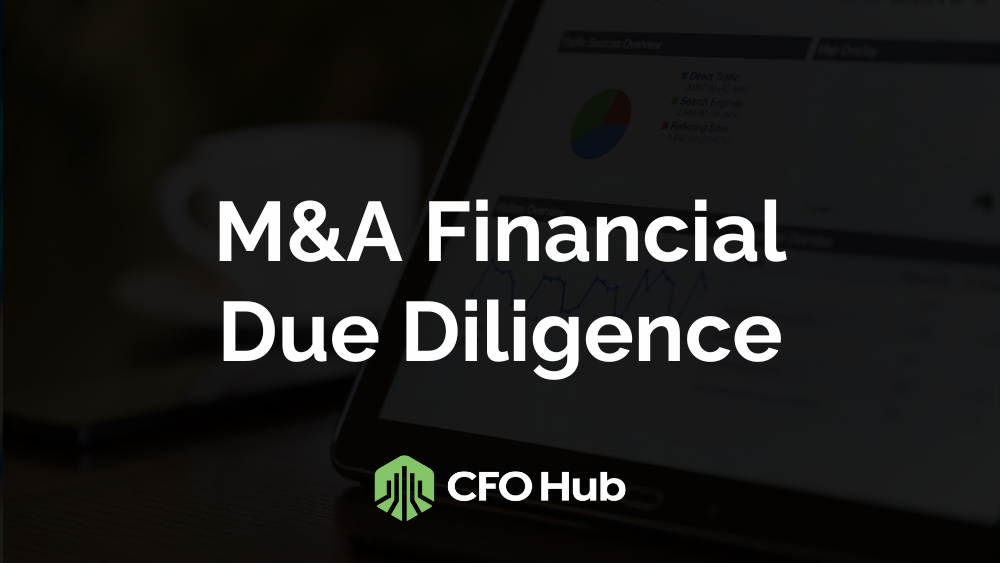Mergers and acquisitions (M&A) can be complex undertakings for companies. Performing thorough financial due diligence is key to ensuring these deals are structured properly and have the highest chance of being successful.
Understanding Mergers and Acquisitions
Mergers and acquisitions are corporate strategies to grow inorganically by combining with another entity. For the acquiring company, these deals provide avenues to quickly expand market share, gain technology and talent, realize revenue and cost synergies, and boost overall financial performance.
M&A can take multiple forms — mergers of equals, acquisitions of majority or full ownership, joint ventures, and more. Companies may choose to target horizontal mergers to consolidate a fragmented industry, vertical mergers to control more of the value chain, or conglomerate deals to diversify into new spaces.
These strategic deals require significant upfront investment and carry integration risks after closing. The acquiring company takes on the target firm’s liabilities and has to seamlessly combine operations, cultures, systems, and workforces post-merger. The high level of risk underscores the critical importance of conducting thorough due diligence across legal, financial, tax, operational, HR, and technological areas. Robust diligence can validate deal assumptions, uncover hidden issues, and set the groundwork for integration planning.
The Role of Financial Due Diligence
Financial due diligence serves several key functions in an M&A context:
- Validating key assumptions about the target company’s finances and performance
- Identifying potential red flags like overstated revenue or underfunded pensions
- Providing an accurate valuation baseline for negotiations
- Assessing major risk factors that could undermine integration post-close
- Informing the structure of the deal itself, including contingencies and closing conditions
In essence, it helps acquirers make smarter decisions and avoid costly mistakes.
Components of Financial Due Diligence
There are four main components of M&A financial due diligence:
- Financial Statements Analysis: This involves reviewing past financial statements to assess metrics like revenue growth, profitability, working capital trends, and cash flow.
- Quality of Earnings: It assesses the target’s earnings quality and normalization adjustments needed to determine maintainable operating income. This highlights any unusual accounts like one-time gains/losses that may distort earnings quality going forward.
- Working Capital Assessment: It involves analyzing working capital drivers and requirements to operate the business. It indicates an additional cash outlay needed post-acquisition.
- Debt and Contingent Liabilities: It involves reviewing all outstanding and potential debt obligations that the acquiring company would inherit.
Potential Risks and Challenges in M&A Financial Due Diligence
While rigorous in scope, financial due diligence faces limitations around access to information and time pressures in deal-making. Management projections may be overly optimistic or fail to account for market changes post-close.
Acquirers should be cautious in taking all data at face value. Thorough vetting by financial experts can help spot potential pitfalls. Identifying the right advisors early on mitigates risks in this complex process.
The Road to Successful M&A With CFO Hub
For companies pursuing mergers or acquisitions, a detailed financial analysis of the target entity serves as the foundation for deal-making. While due diligence poses challenges, the returns from proper valuation and risk assessment justify the effort. Retaining professional finance expertise navigates this terrain efficiently.
Firms like CFO Hub offer dedicated specialists for M&A due diligence. Their guidance makes the difference in deal outcomes that create lasting value. With seasoned advisors at the helm, companies can bank on realizing the full potential of their inorganic growth strategies.
Book a free consultation today.
Mark is an accounting and finance professional with over a decade of experience in public accounting and consulting. As both an accountant and entrepreneur, he is passionate about helping clients strategically organize and grow their businesses to reach their goals.
Visit Mark's Expert Hub to learn more about his experience and read more of his editorial content

